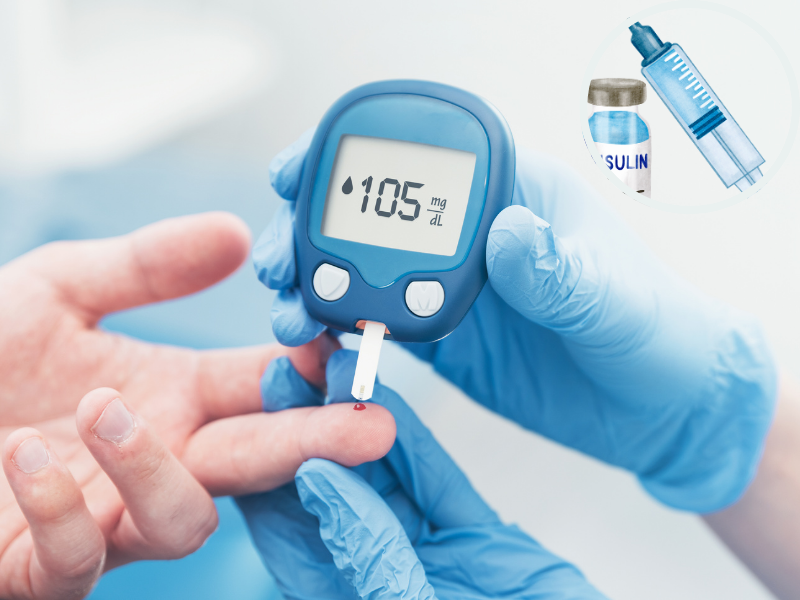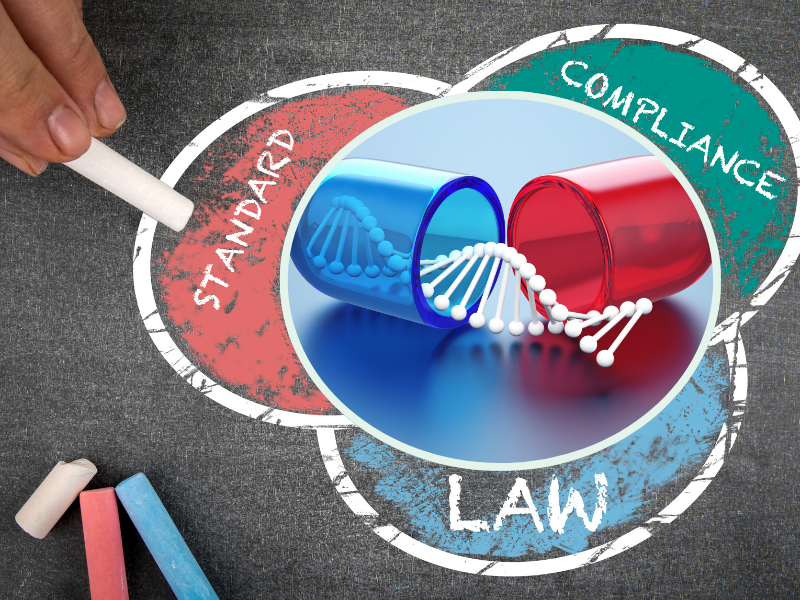Kyoto University Hospital Explores the Potential of Treating Type 1 Diabetes Using Induced Pluripotent Stem Cells

Introduction - Type 1 Diabetes
According to the International Diabetes Federation, 537 million adults are living with diabetes. Type 1 diabetes is a chronic condition that affects the insulin-producing cells in the pancreas. Patients with Type 1 diabetes cannot produce enough insulin or any insulin, a hormone produced by the pancreas that allows the body to use glucose for energy. Insulin lowers blood sugar levels by moving glucose from the blood into cells within the body.
Currently, there is no cure for Type 1 diabetes, but treatment options are available. For instance, insulin injections or insulin pumps release insulin into the bloodstream. Additionally, continuous glucose monitoring devices track blood sugar levels in real-time alerting patients to spikes and dips allowing them to better regulate insulin doses. Despite the wide availability of treatment options, further research into immunotherapies and personalised medicine is being conducted.
Kyoto University Hospital Project
In Japan, pancreatic islet cells can be extracted from the pancreas of a deceased donor and transplanted into severely ill patients with Type 1 diabetes. Although pancreatic islet transplantation has been covered by the public medical insurance scheme in Japan since 2020, very few patients have undergone the procedure due to a lack of donors.
To combat this issue, Kyoto University Hospital is developing technology to create pancreatic islets from iPSCs collected from healthy participants. These clusters of cells will be made into sheets and transplanted under the patients’ abdomens.
Related:
- In Conversation with Stephen Sullivan, COO of iPSirius
- Applications of Stem Cells in Personalised Medicine
- Induced Pluripotent Stem Cells to be Manufactured on the ISS
A clinical trial is scheduled to take place in early 2025 consisting of three patients between the ages of 20 and 65. Researchers hope that a transplant treatment using iPS cell-derived pancreatic cells will become a reality and be available to the public in the 2030s. Daisuke Yabe, Diabetes Specialist at Kyoto University stated: "We would feel very happy if we could get a glimpse of a world where insulin injections are no longer necessary."
If results show that the treatment is effective, this could alleviate a significant burden for patients with a severe form of Type 1 diabetes: transplantation means patients with diabetes would not require daily insulin injections. This would be revolutionary and reshape the paradigm of diabetes treatment.
Conclusion
Overall, Kyoto University Hospital's innovative approach to treating severe Type 1 diabetes using iPSCs could have life-changing implications for patients with Type 1 diabetes. By reprogramming iPSCs to function as pancreatic islet cells, the hospital aims to address the challenges posed by limited donor availability for islet transplants.
While the research is still in its infancy, the success of this treatment could drastically reduce the dependency on insulin injections and significantly improve the quality of life for patients. This therapy offers hope for a more permanent solution to managing Type 1 diabetes.







